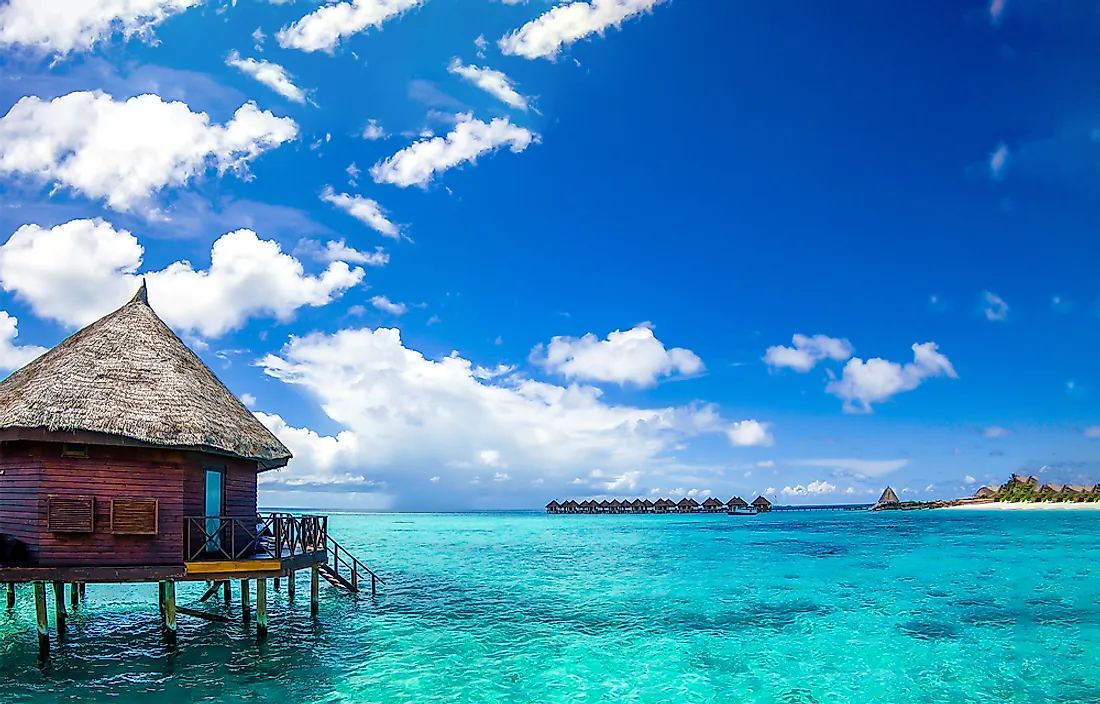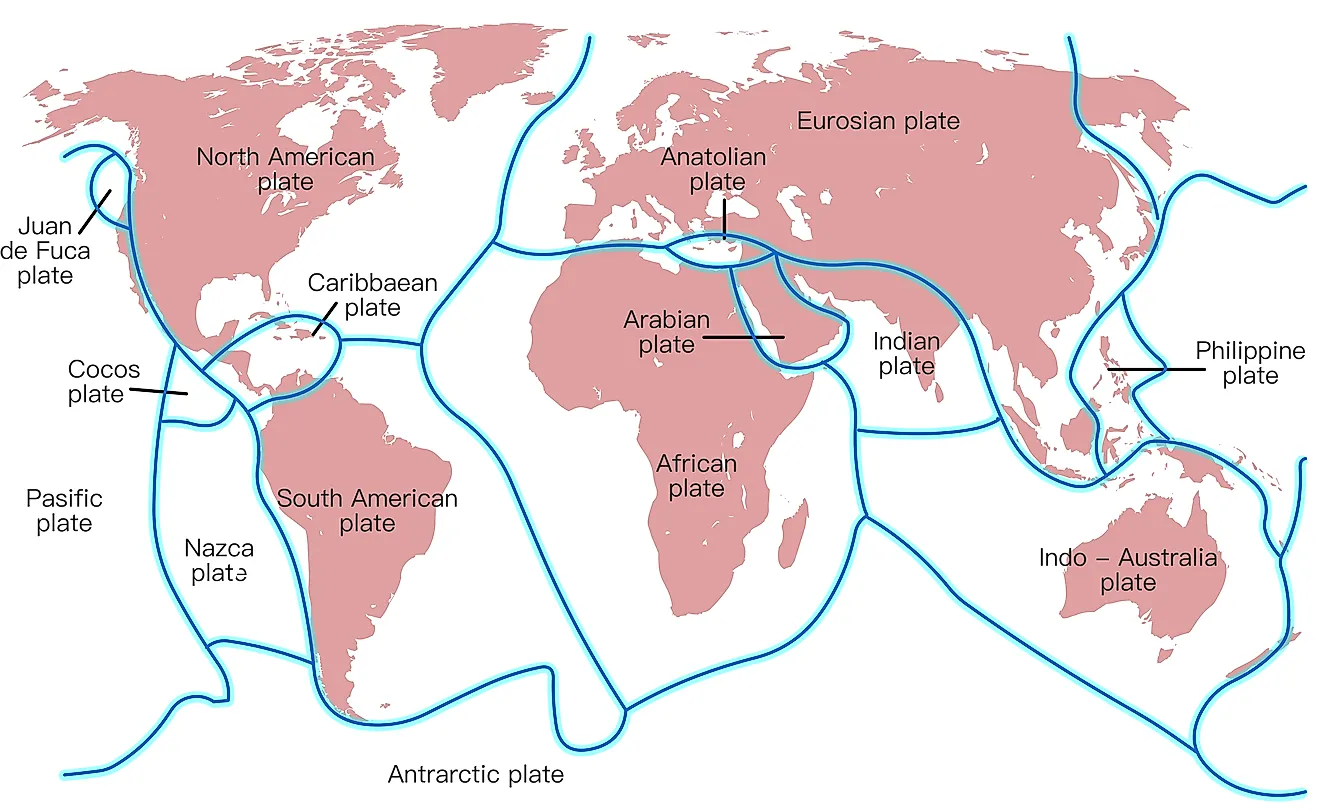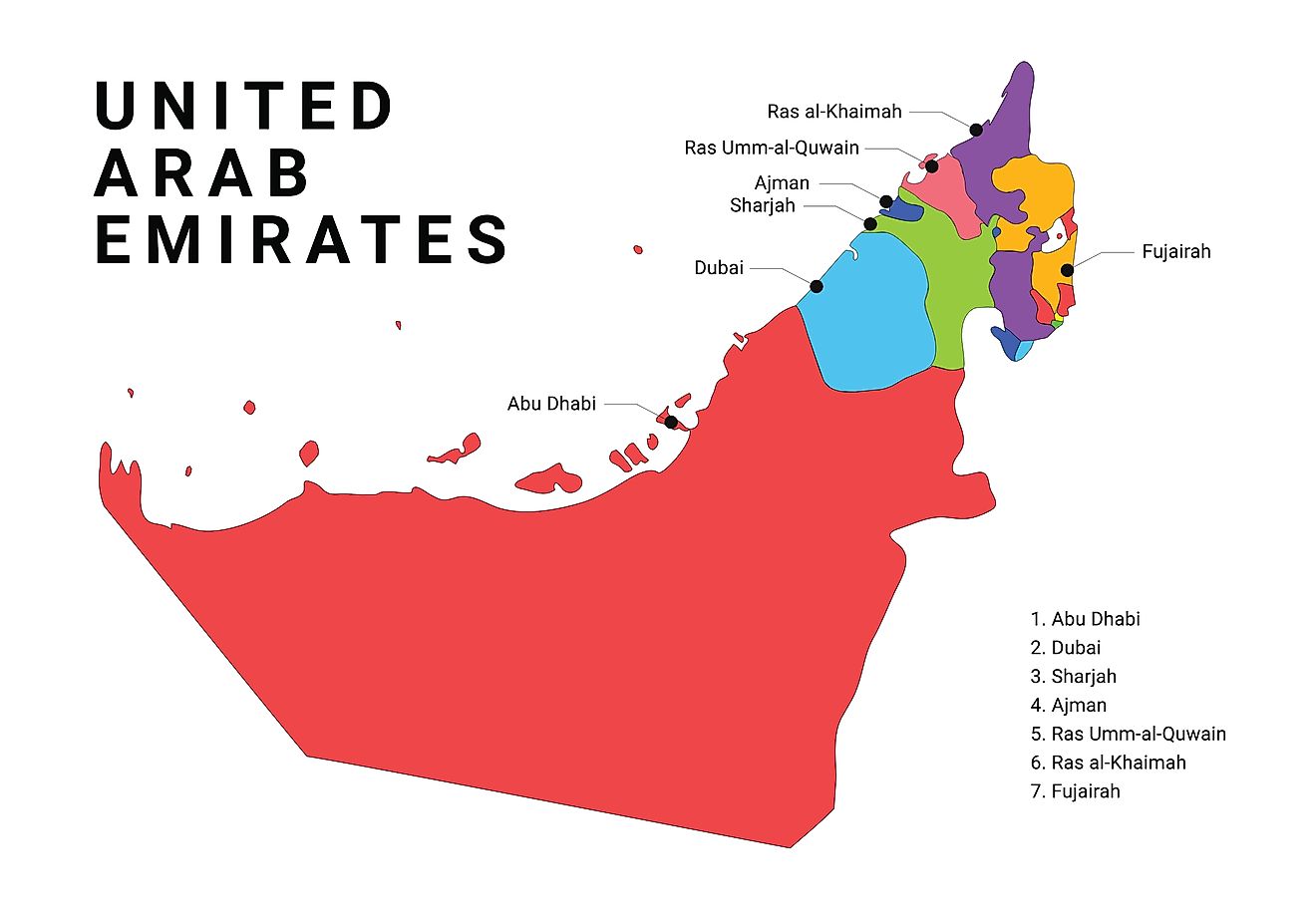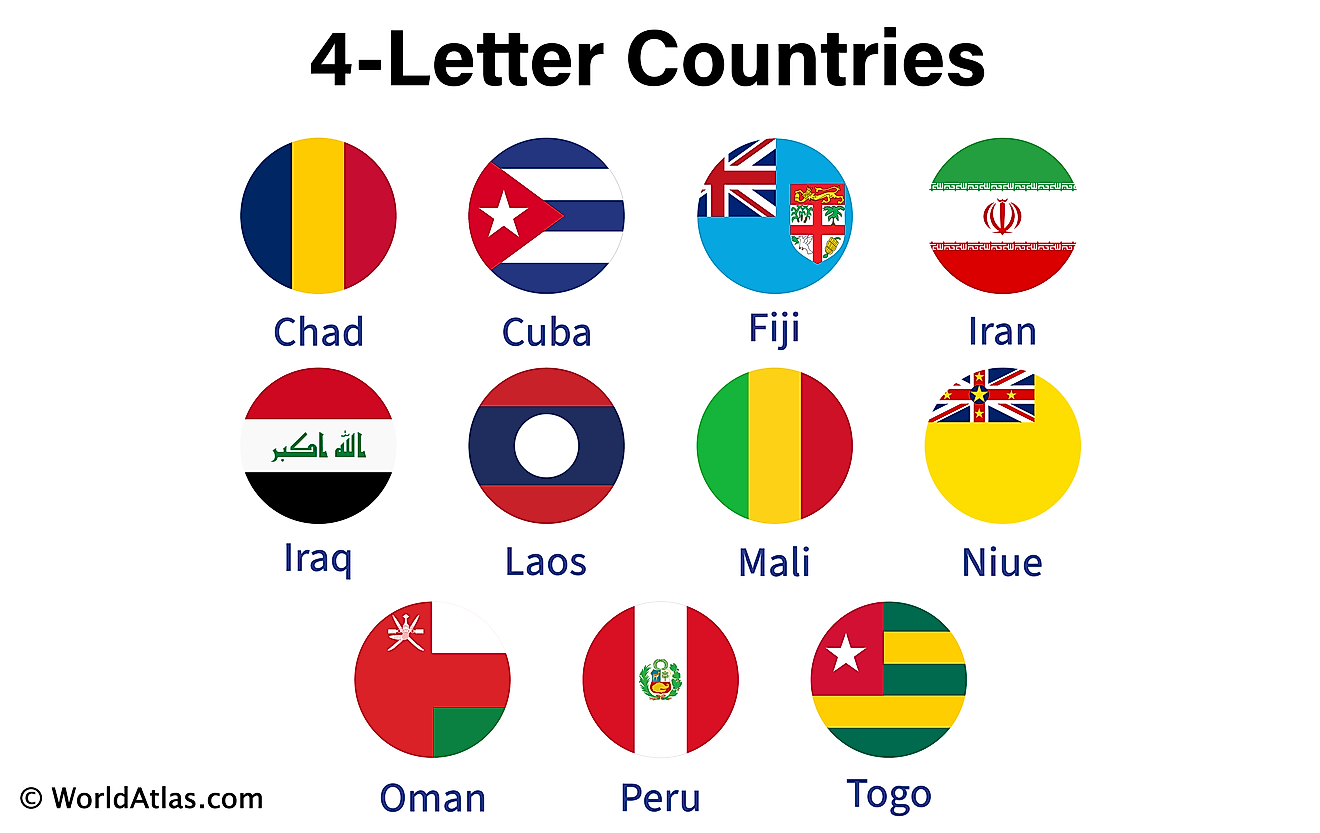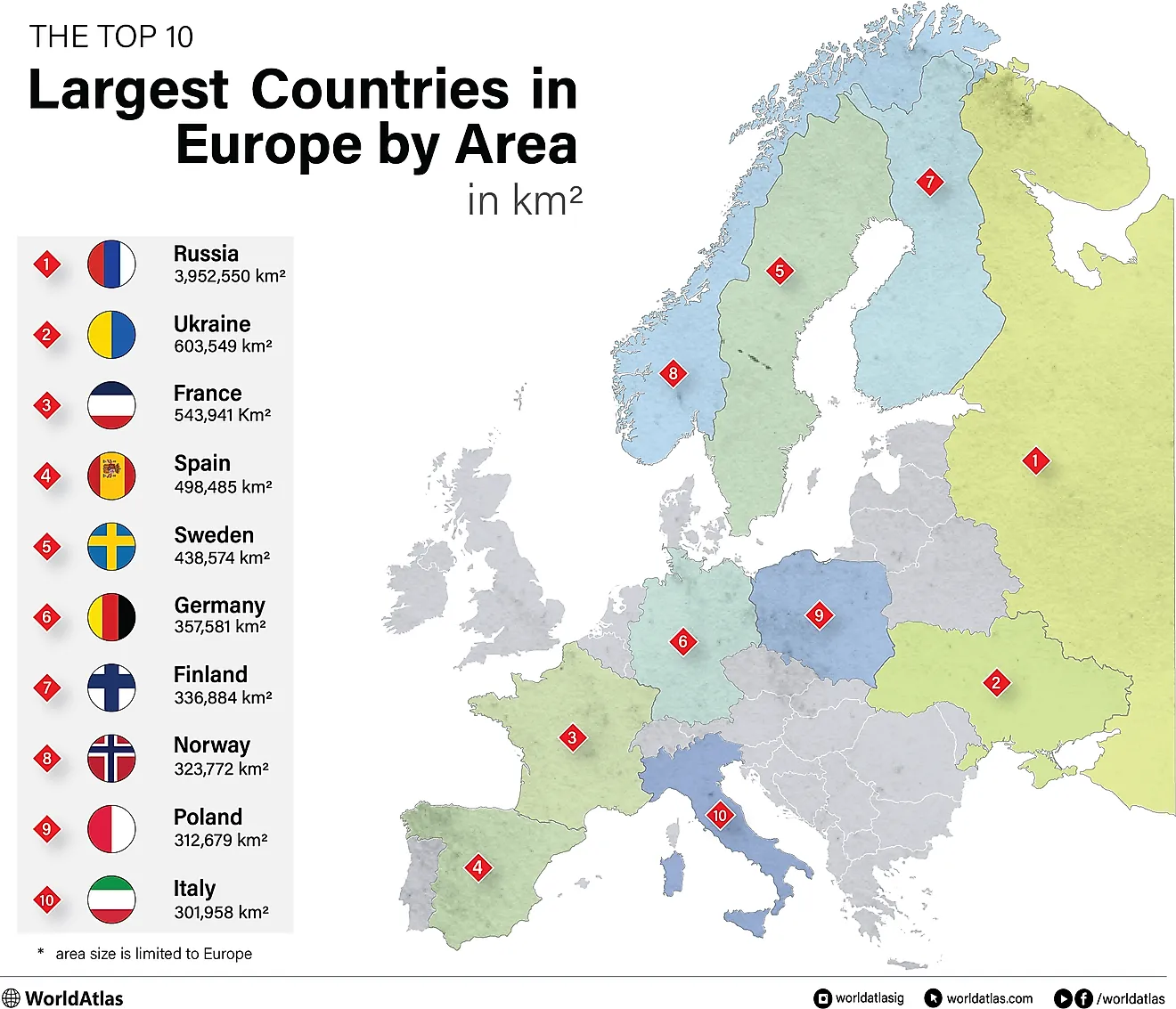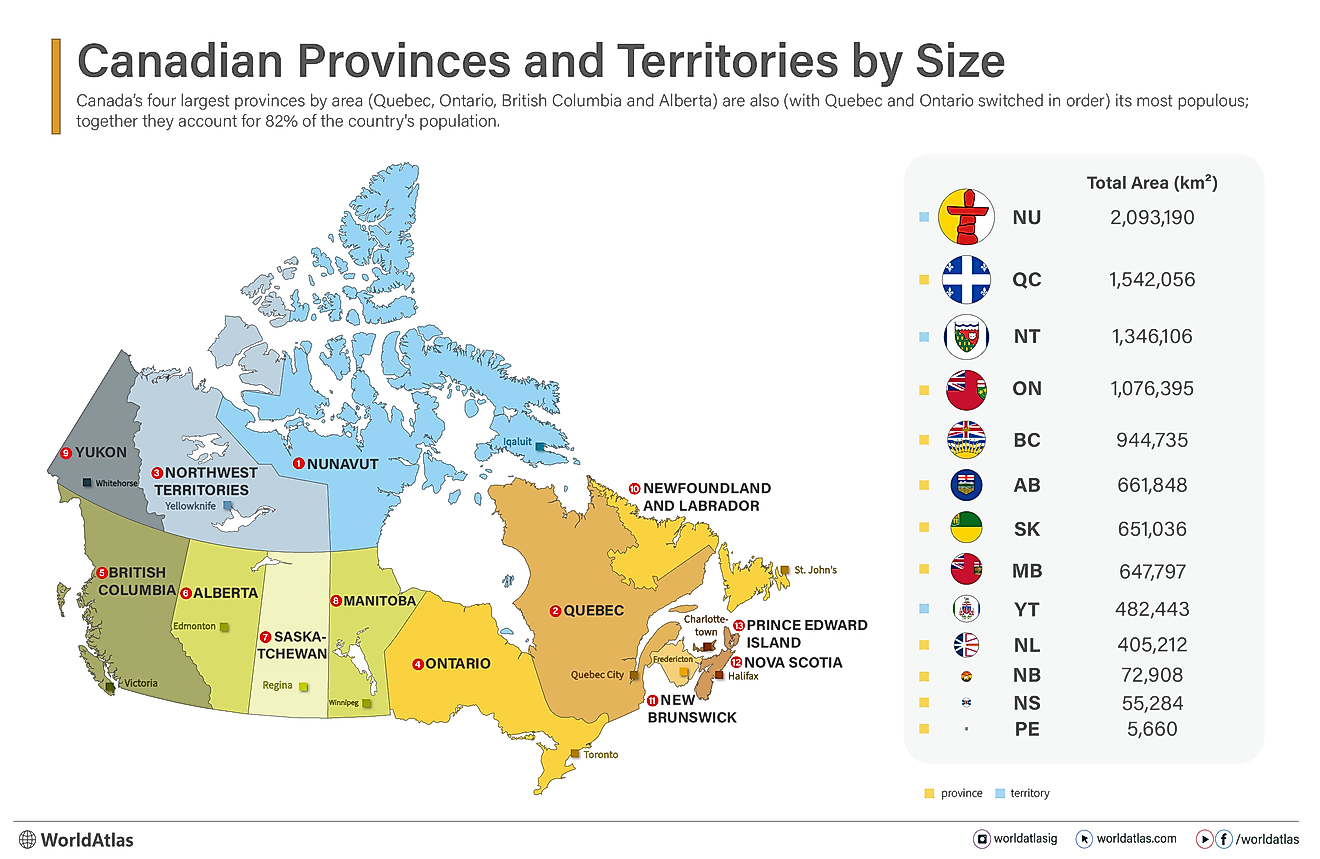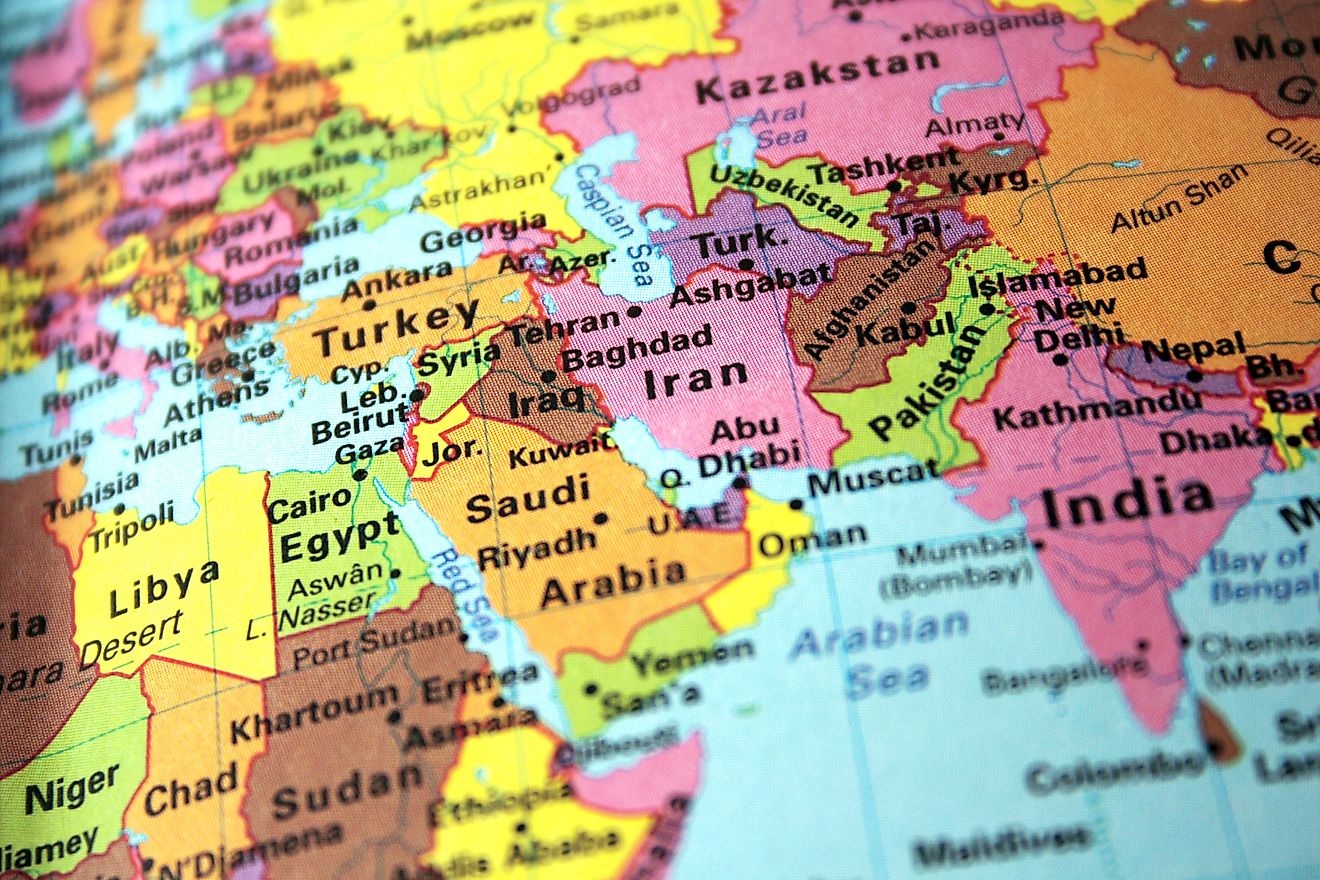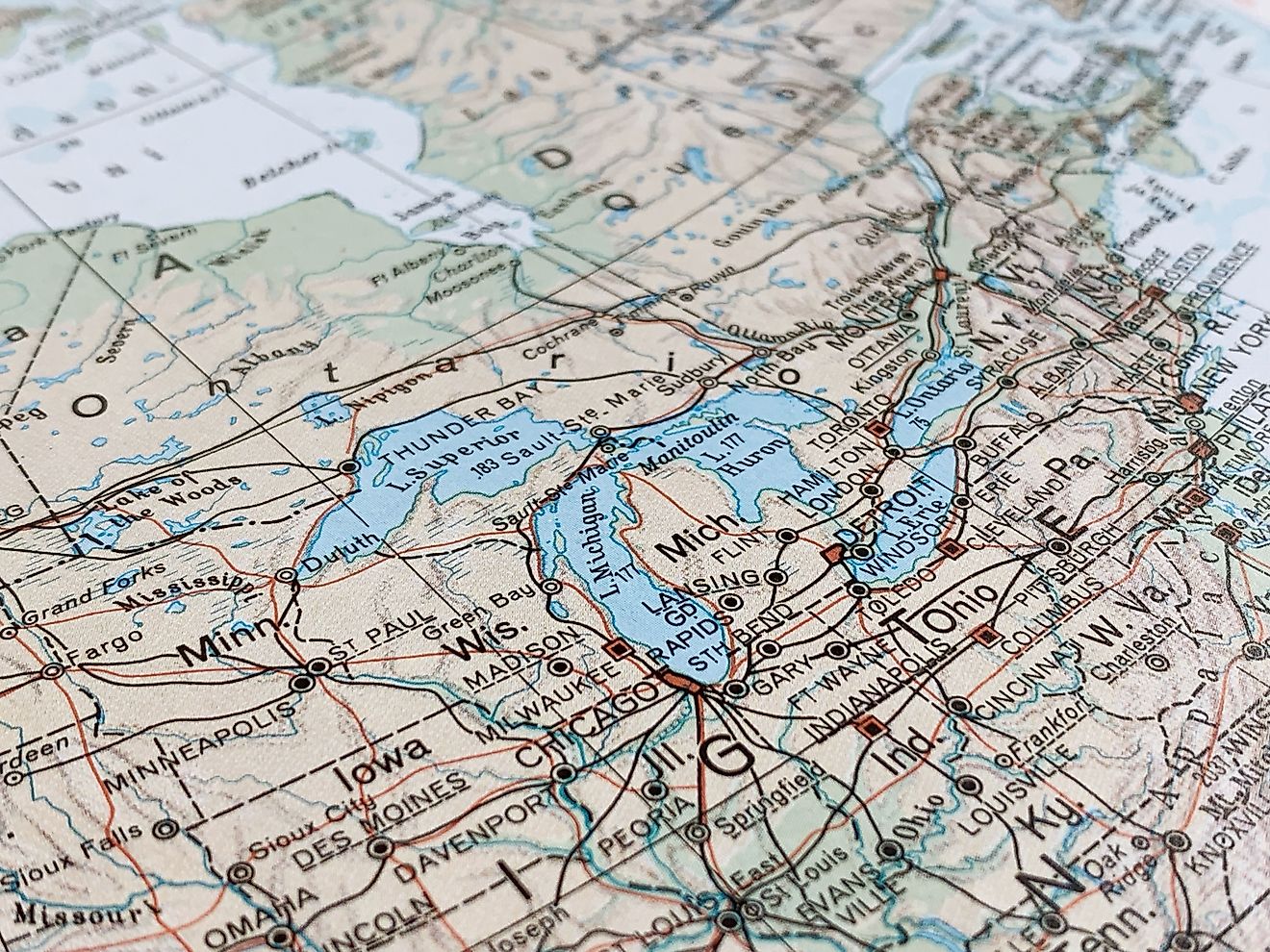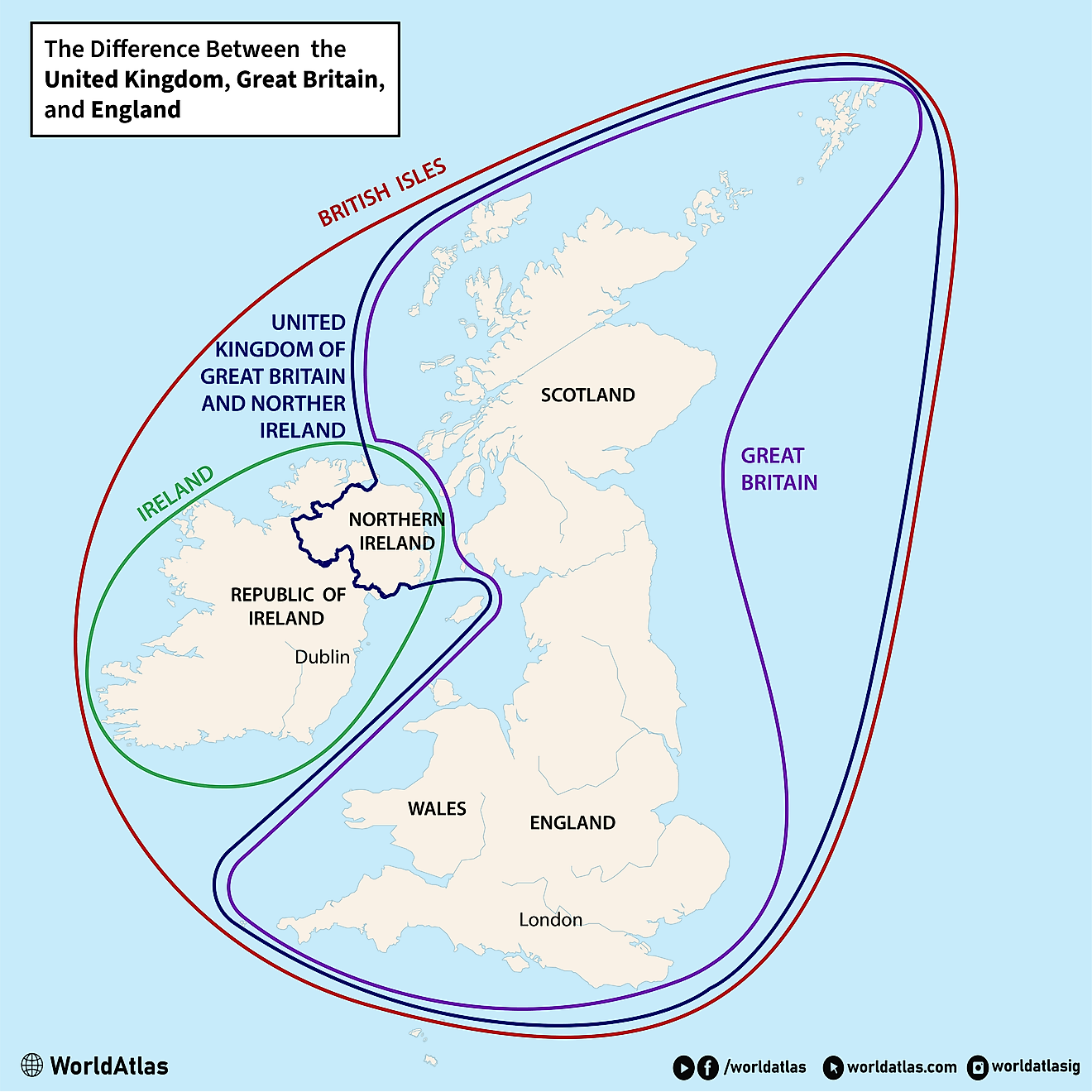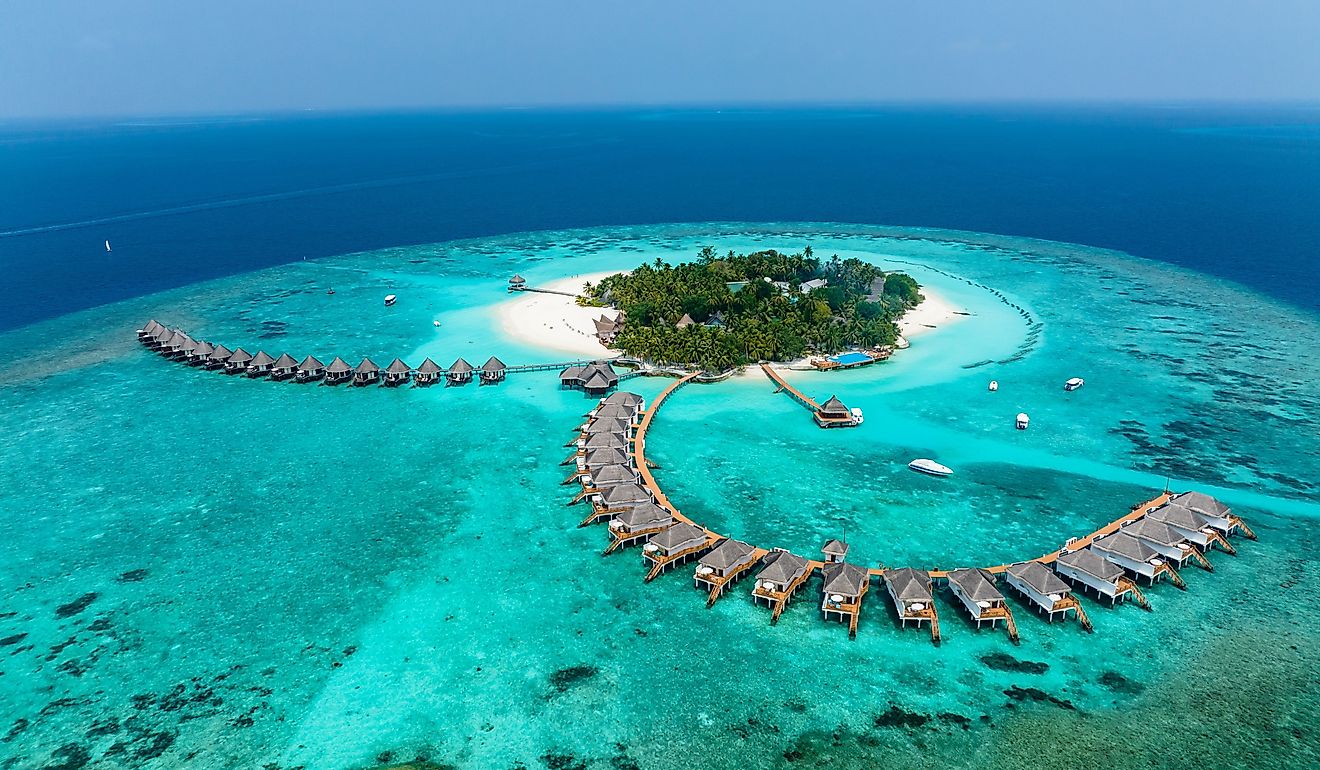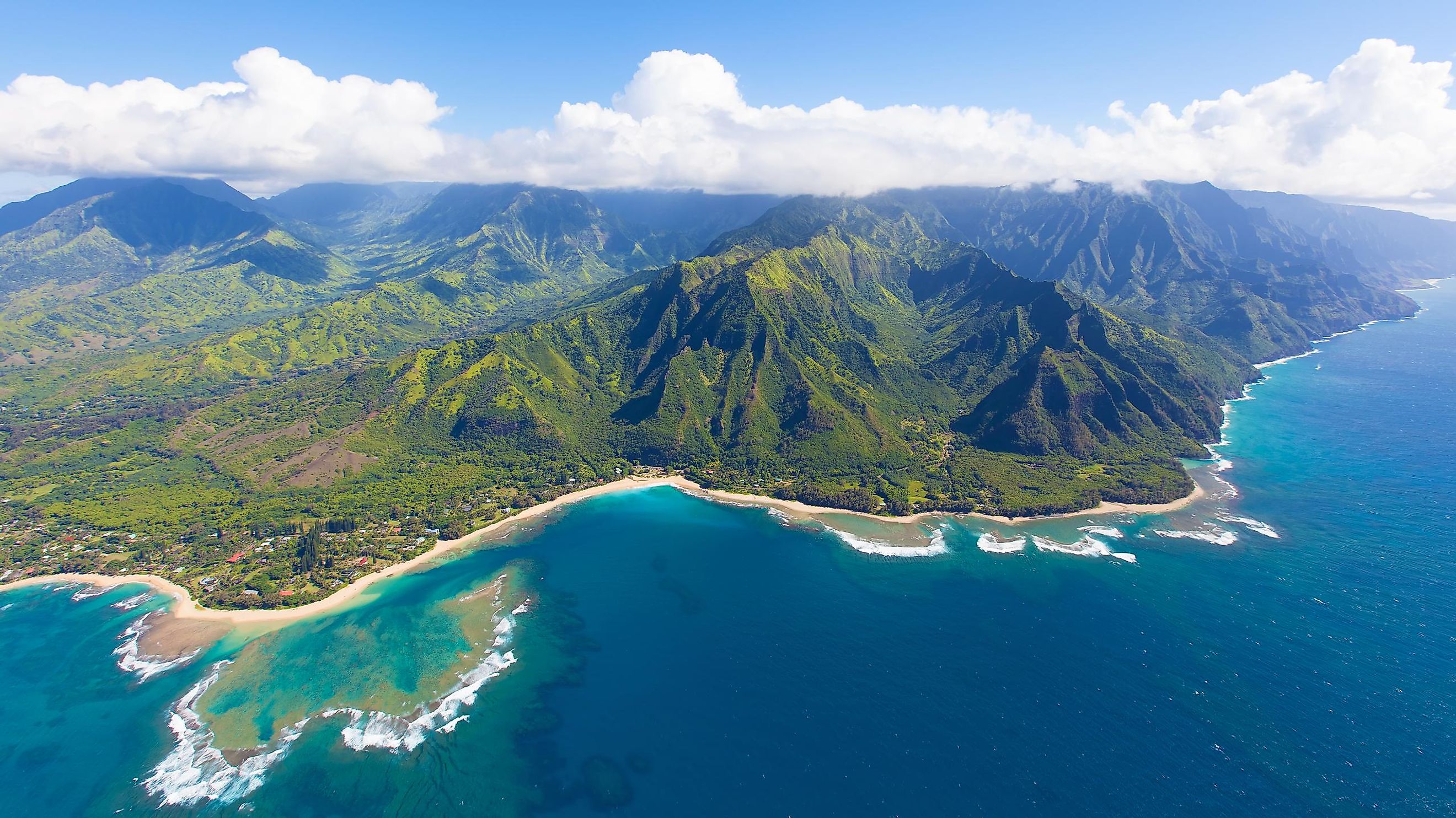
Highest Islands In The World
From Kaffeklubben Island in the north to Berkner Island in the south, tens of thousands of islands are scattered around the globe. Most of these islands occur naturally in the seas and oceans, while a few islands like Funaafou Island (Malaita, Solomon Islands) are artificial islands. Some islands have relatively flat terrain, while others are rugged and characterized by hills and mountains.
Contents:
- What Determines An Island's Height?
- Highest Island
- Island With The Tallest Mountain
- Highest Southernmost Island
- Highest Island In The Atlantic Ocean
- The 10 Highest Islands In The World
What Determines An Island’s Height?
Most islands' terrain depends on their origin or formation process. Some islands, mostly of volcanic origin, tend to be taller and much bigger than coral islands. Islands are also some of the highest points in the oceans or seas. In this case, an island’s height is determined by the summit of the highest point above sea level. Therefore, an island is as tall as its tallest peak and not its average elevation.
Highest Island

Although Greenland is the world’s largest island by area, it is only the 11th tallest island with Gunnbjørn Fjeld rising 3,724 m as the tallest point. New Guinea, the world’s second-largest island, holds the title of the tallest island. The island is shared by Indonesia in the west and Papua New Guinea in the east. New Guinea hosts some of the tallest tropical and volcanic peaks in the Pacific. At 5,030 m, Puncak Jaya is the island’s tallest mountain and the world's highest island peak, making New Guinea the Earth's highest island. The tropical mountain, located in Western New Guinea (Indonesia), can also be considered Oceania’s highest peak although Indonesia is regarded as being part of both Oceania and Asia.
Island With The Tallest Mountain

Mount Everest, located on the China-Nepal border, is often cited as the world’s tallest mountain. However, it is only the tallest fully visible mountain or above-sea level tallest mountain. Mauna Kea, located on Hawaii Island, is the world’s highest mountain from base to peak. Although it stands at 4,207 m above sea level, it sinks about 6 km below sea level. Mauna Kea makes Hawaii Island the world’s second-highest island and the highest in North America.
Highest Southernmost Island

The Southern Ocean, also known as the Antarctic Ocean, contains the world’s southernmost islands. Although Berkner Island is the southernmost island, it is not the ocean’s tallest island. Ross Island, located in the Ross Sea, is the highest southernmost island. It comprises four volcanoes, including Erebus, the world’s southernmost active volcano, at 3,794 meters above sea level. Erebus is Antarctica’s second-highest volcano, after the dormant Mount Sidley, and makes Ross Island the world’s 6th highest island.
Highest Island In The Atlantic Ocean
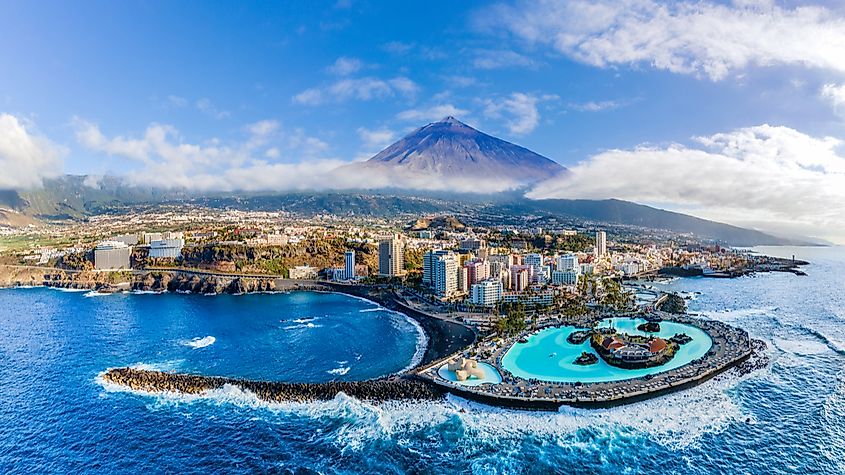
Although most of the world’s highest islands are located in the Pacific Ocean, some of these significantly tall islands are also scattered in other oceans. Besides the Southern Ocean’s Ross Island, Tenerife is also one of the ten highest islands. Tenerife is one of the Canary Islands located in the Atlantic Ocean. It is home to Teide, Spain’s highest point and also the Atlantic’s highest point above sea level, at 3,715 m. However, it measures 7,500 m from the ocean floor to its peak, making it the world’s third highest volcano. Teide’s height makes Tenerife the world’s tenth highest island.
The 10 Highest Islands In The World
| Rank | Island | Height (feet) | Height (meters) |
|---|---|---|---|
| 1 | New Guinea | 16,503 | 5,030 |
| 2 | Hawaii, US | 13,796 | 4,205 |
| 3 | Borneo, Indonesia | 13,698 | 4,175 |
| 4 | Formosa, China | 13,114 | 3,997 |
| 5 | Sumatra, Indonesia | 12,484 | 3,805 |
| 6 | Ross, Antarctica | 12,448 | 3,794 |
| 7 | Honshu, Japan | 12,388 | 3,776 |
| 8 | South Island, NZ | 12,349 | 3,764 |
| 9 | Lombok, Indonesia | 12,224 | 3,726 |
| 10 | Tenerife, Spain | 12,188 | 3715 |
